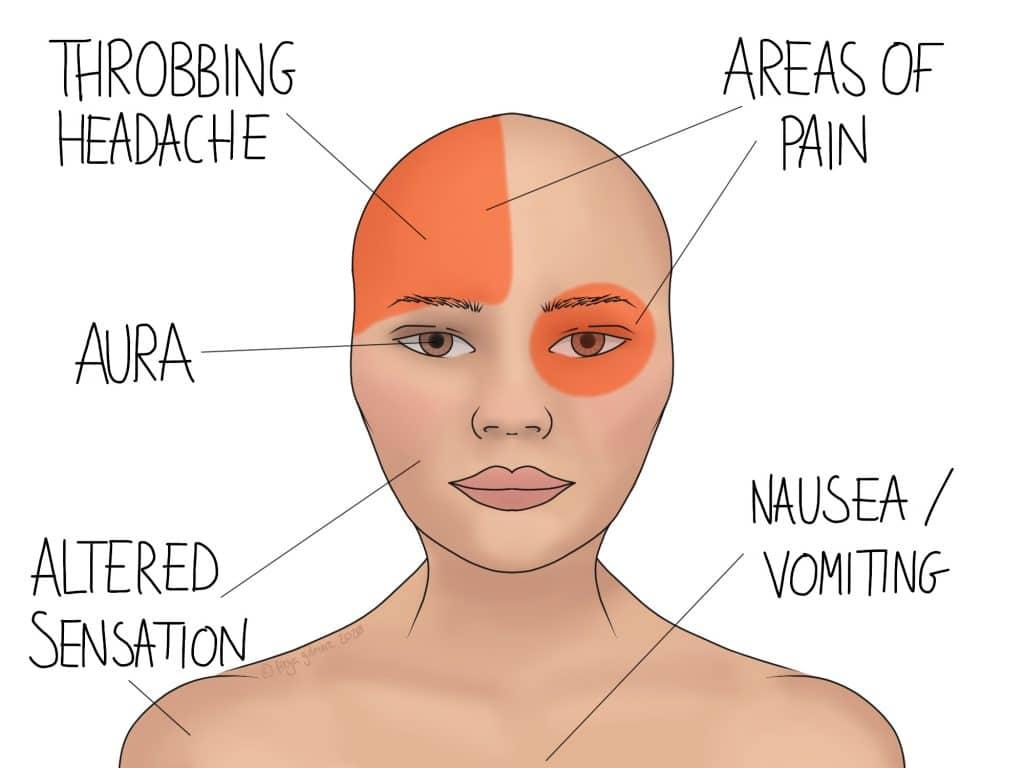Rebound headaches, also known as medication-overuse headaches, are a common but often misunderstood condition. They occur when pain relief medications are taken too frequently, leading to a cycle of persistent headaches. People who suffer from migraines or tension headaches are especially vulnerable to developing rebound headaches, making awareness and proper management essential.
What Are Rebound Headaches?
Rebound headaches happen when the body becomes dependent on headache medications. Instead of curing the problem, overuse of these drugs can make headaches more frequent and severe. Typically, they occur in individuals who use over-the-counter painkillers or prescription medications more than two to three times per week for an extended period.
Common medications linked to rebound headaches include:
-
Acetaminophen (Tylenol)
-
Aspirin
-
Ibuprofen (Advil, Motrin)
-
Combination medications with caffeine
-
Triptans (used for migraines)
-
Opioids
Symptoms of Rebound Headaches
Rebound headaches often feel like a dull, persistent headache that occurs daily or nearly daily. Key symptoms include:
-
Headaches that improve temporarily after medication but return once the drug wears off
-
Increased reliance on medication
-
Headaches that are worse in the morning
-
Anxiety, irritability, or difficulty concentrating
These headaches may resemble the original headache type (migraine or tension-type) but become more chronic and harder to treat.
Causes and Risk Factors
The main cause of rebound headaches is the frequent use of medication intended to relieve headaches. The brain becomes used to the medication’s effects and reacts with more headaches once the drug leaves the system. Risk factors include:
-
A history of frequent headaches or migraines
-
Regular use of headache medications (more than 10–15 days per month)
-
High stress levels or poor sleep habits
-
Self-medicating without a doctor’s guidance
How to Prevent Rebound Headaches
Prevention is the best approach when it comes to rebound headaches. Here are key strategies:
-
Limit Medication Use
Avoid using pain relief medications more than two times a week unless prescribed by a doctor. If you find yourself relying on medication regularly, seek medical advice. -
Treat the Underlying Condition
Instead of managing symptoms alone, address the root cause. Preventive treatments for migraines or chronic headaches may reduce the need for frequent medication. -
Follow a Headache Diary
Keeping track of when headaches occur, what medications are taken, and any potential triggers can help identify patterns and prevent overuse. -
Consult a Healthcare Provider
A doctor can guide you through medication withdrawal and recommend alternative therapies such as physical therapy, biofeedback, or prescription preventive treatments.
Treating Rebound Headaches
Treatment often involves stopping the overused medication. This process may cause withdrawal symptoms like worsened headaches, nausea, or sleep disturbances, but these typically improve within days to weeks. Under medical supervision, you may be transitioned to preventive medication and supportive therapies to ease the process.
Conclusion
Rebound headaches are a frustrating but preventable condition. Recognizing the signs and managing medication use wisely are key to avoiding the cycle of dependency. With proper guidance and a proactive approach, individuals can break free from rebound headaches and regain control over their health and well-being.

